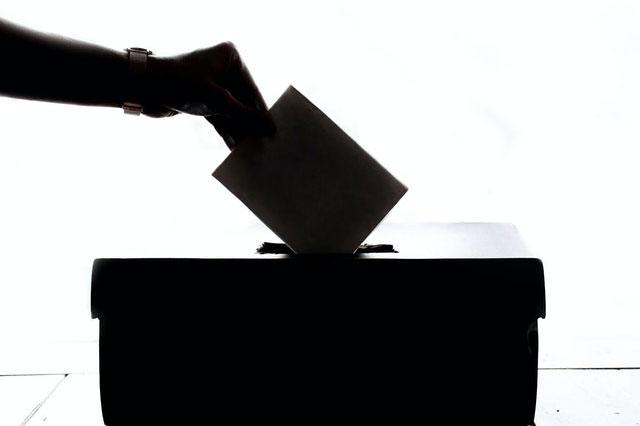Lagos – Nigeria’s electoral commission on Saturday staged mock biometric accreditation for voters ahead of this month’s presidential and parliamentary elections.
Nigerians go to the polls on February 25 to elect a successor to President Muhammadu Buhari who steps down after the maximum constitutionally-permissible two terms in office.
State governors and lawmakers will be elected two weeks later.
Nigeria, Africa’s most populous nation and biggest economy, has a long history of electoral malpractice, fraud and violence.
Buhari, a 79-year-old former general, has promised free and fair elections.
To promote fairness, credibility and transparency of the electoral process, the Independent National Electoral Commission (INEC) introduced a voter accreditation system at 2015 and 2019 polls.
ALSO READ | East African leaders in Burundi for summit on DR Congo unrest
But the system was plagued with shortcomings.
On Saturday, INEC held a mock voter accreditation process in selected polling stations nationwide to test the system’s operation.
In Lagos, the commercial capital and Nigeria’s largest city, the exercise was staged in a handful of polling stations.
Excited voters presented their poll cards and had their biometrics taken by INEC officials who said they hoped the test would improve preparations for the general elections.
Former Lagos governor Bola Ahmed Tinubu of the ruling All Progressives Congress, ex-vice president Atiku Abubakar of the main opposition Peoples Democratic Party and ex-governor of southeastern Anambra state Peter Obi of Labour Party are the frontrunners.
Follow African Insider on Facebook, Twitter and Instagram
Source: AFP
Picture: Pexels
For more African news, visit Africaninsider.com


